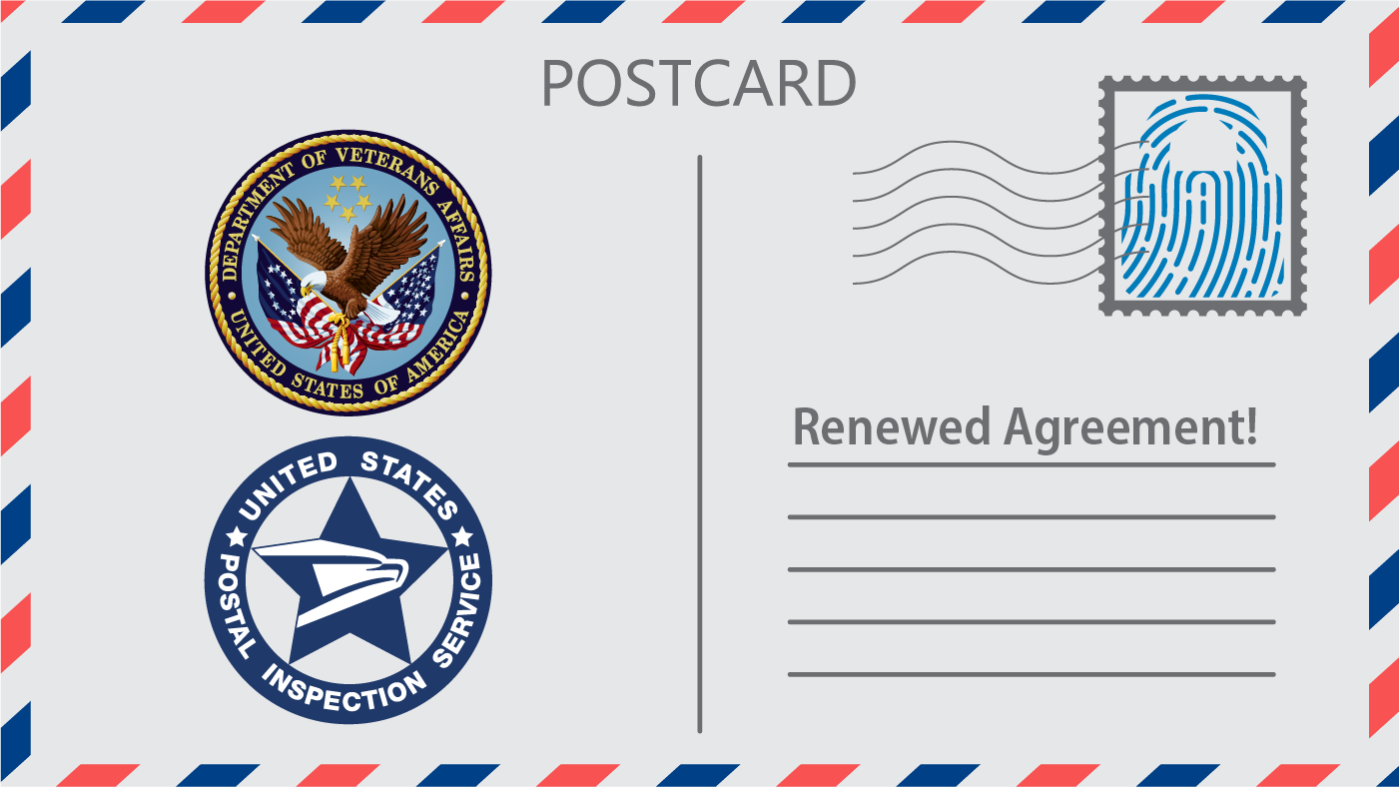VA’s Privacy Service and the United States Postal Inspection Service – the law enforcement and crime prevention arm of the Postal Service – recently established a two-year agreement continuing their partnership to provide Veterans and their dependents important information on avoiding scams and protecting their personal information.
This partnership supports the postal inspection service’s national anti-fraud campaign, “Operation Protect Veterans. This initiative alerts Veterans about scams targeting them and their families. It also supports VA’s More Than a Number campaign, an identity protection program that provides information to educate Veterans and their beneficiaries on protecting themselves from identity theft.
Scams targeting Veterans range from the subtle to the audacious and may include:
- Benefits buyout offers: Scammers take advantage of Veterans’ needs by offering a quick, upfront buyout of future disability or pension payments at a fraction of the value.
- VA phishing scamming: Posing as VA employees, fraudsters call Veterans to “phish” for Social Security numbers and personal financial information, which they use to access bank accounts or open fake credit card accounts.
- Bogus employment offers: When posting fake job descriptions to collect personal information from Veterans’ job applications, scammers often also charge an employment fee.
- Fake charitable-giving requests: Often using plausible branding techniques, scammers make fraudulent claims about collecting charitable donations that do not actually benefit Veterans or wounded service members.
- Fraudulent records promotions: Scammers try to charge Veterans fees to access military records or government forms – information that is available for free through the National Archives (for military records) and VA.gov for local VA offices (for forms).
With their continued partnership, VA Privacy Service and USPIS share a common goal: educating Veterans and their families on simple precautions they can take to protect their identity. Whether it’s mail fraud, bank fraud, or some other type of scheme, both the United States Postal Inspection Service and VA want to help Veterans and their dependents avoid becoming victims.
VA’s Office of Information Technology submitted this story.
Topics in this story
More Stories
How much do you know about VA care, benefits and services? Don’t miss out on what you've earned—check out the "2025 VA Federal Benefits Guide for Veterans, Dependents, Survivors, and Caregivers" handbook to learn more.
VA has updated its process for awarding G.I. Bill benefits. This means that many Veterans who served multiple periods of military service (for example, Veterans who reenlisted) may be eligible for additional benefits for themselves or their beneficiaries.
For Veterans especially, the risk of identity theft is high, as criminals target reoccurring monthly benefits payments. Bad actors utilize stolen privacy information to exploit VA benefits, health care and pensions.






